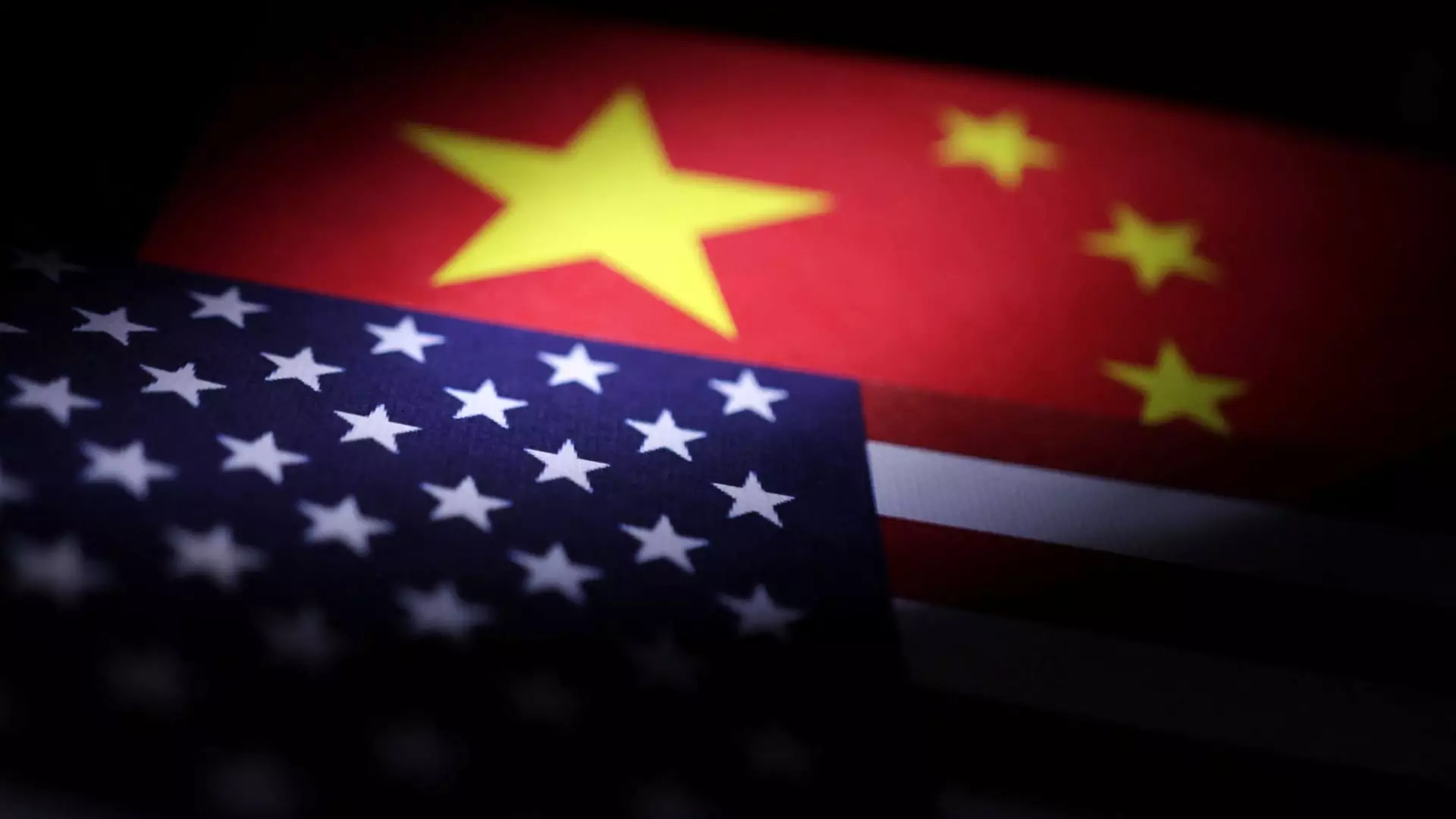In recent months, the escalating trade war between the United States and China has taken a significant toll on international economic relations. As President Trump’s administration intensifies pressure on U.S. allies to diminish their trade engagements with China, Beijing’s warnings of retaliation appear more than just bravado. China has firmly established itself as a nation unwilling to cower in the face of American pressure, but one must ponder whether this unwavering stance is strategically sound or simply a recipe for self-destruction.
1. The Risks of a Lawless Trade Environment
China’s Ministry of Commerce has aptly described the potential fallout as reverting to a “law of the jungle,” where might often supersedes right in determining trade dynamics. This notion generates a disturbing picture of global trade devolving into aggressive, destructive patterns devoid of cooperative principles. While portraying itself as a guardian of fairness and justice, China must recognize that the use of punitive trade practices will likely foster further animosity rather than a path toward amicable agreements.
2. Misjudging Global Sentiment
In an effort to present itself as a champion of global trade equity, China risks misjudging the climate of international opinion. The allies being pressured by the U.S. may not perceive these measures as unilateral bullying but rather as a means of reasserting control over unfair trade practices. When nations are put in a position of choosing sides, they may increasingly lean towards standing with the U.S. in hopes of stability and predictability—qualities that increasingly seem lacking in a counterweighted China.
3. The Stifling Effects of Isolation
China’s retaliatory measures, such as the imposition of 125% levies on American goods and blacklisting smaller U.S. enterprises, can inadvertently reinforce its isolation. While retaliating might appear as a strong stance, this isolation can backfire, constraining China’s access to crucial inputs and markets. The lesson from global trade history is clear: sustained isolation rarely fosters growth or innovation. Rather, China’s efforts to maintain its interests can spark an economic spiral that suffocates its own development.
4. Domestic Implications of Trade Warfare
The ramifications of this combative approach extend far beyond international borders. Domestically, the trade war creates uncertainty that can hinder economic growth and suppress consumer confidence. As businesses grapple with fluctuating tariffs and an unstable market, the ripple effects will inevitably affect Chinese citizens whose livelihoods depend on a robust economic landscape. Rather than fortifying its economic stance against the U.S., China could be fostering internal distress.
5. Seeking Unity in Adversity
China’s call for unified opposition against unilateral tariffs gained traction in diplomatic circles during Xi Jinping’s recent travels to Vietnam, Malaysia, and Cambodia. However, this approach should encourage introspection rather than merely rallying allies for conflict. Genuine solutions will only arise from constructive dialogue, compromise, and a commitment to sustainable trade practices—an alliance grounded in mutual interests.
In navigating this tumultuous trade environment, China must recalibrate its diplomatic strategies and reconsider its approach to retaliation. The stakes are high—not just for the U.S. and China, but for the entire world economy. A measured response, advocating collaboration over confrontation, may serve as a more viable path forward in these uncertain times.


Leave a Reply